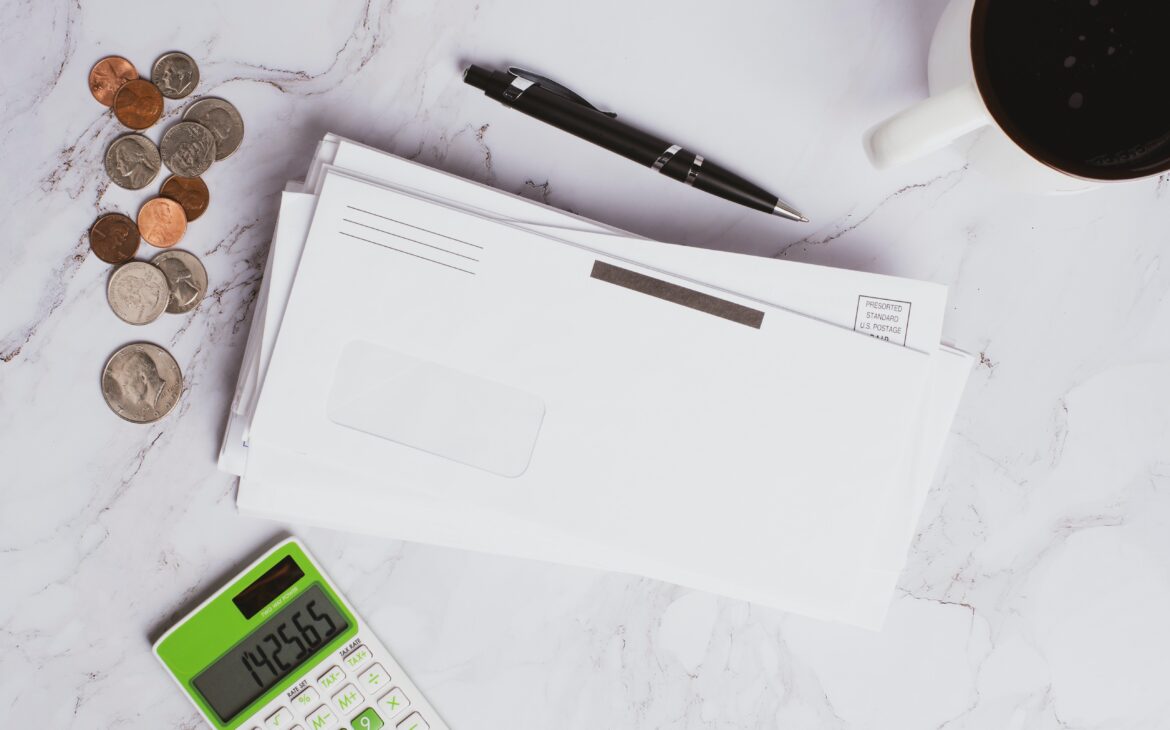Creating a Financial Emergency Plan

*The information in this post is educational in nature. It is not intended as specific advice for your situation. Here are the full disclosures for your reading.
In 2003 and 2007, I was evacuated from my childhood home due to swift moving wildfires that devastated San Diego County. In both instances our family was displaced for over a week. While the fires burned up to our neighborhood both times, we were spared. Nobody knows emergency preparedness like our family. We’ve lived it. As a teenager, watching dear friends lose literally everything but the shirt on their back was gut wrenching and eye opening. I learned the importance of preparedness.
Natural disasters can happen anywhere you live. People often prepare for the potential of evacuation, sheltering in place, and even loss of our belongings, but have you ever given thought to what you would do in a financial emergency? What about the loss of a job? Or injury lending you unable to work for a time or forever? We are not immune from devastation, physically, emotionally, or financially. A few years back, I created an Emergency Plan through a mentorship program I created. I feel it’s something worth sharing on a wider scale. It’s always better to be prepared for the worst and hope for the best.
In the event of a crisis, you must have a course of action that is simple to follow and allows you to navigate your financial obligations and necessities.

To assess the potential impact of a crisis on your finances, you may want to ask yourself the following questions:
- What emergency precautions have you already put in place that will help you face the current challenge? Do you have food and water storage? An emergency fund? Proper insurance?
- Where do your emergency preparations fall short?
- What insurance policies do you have that may cover some or all of this challenge? Think- disability insurance, health insurance, home insurance, etc.
- How long will you be able to stretch out your emergency fund?
Depending on the type and severity of your financial crisis, there are different actions you might be able to take.
Action 1: Call Your Insurance Company
Some financial crises may involve a health emergency, automobile accident, home repairs, or job loss. For such situations, before you panic or take other actions, call your insurance provider to check coverage. Asking them about coverage doesn’t mean you are filing a claim. But if your situation is covered, you should be able to get a sense of what your personal expenses are going to be.
Action 2: Use Your Emergency Fund
The purpose of your emergency fund is to get you through a financial crisis. Do not feel guilty using it for these situations. You can use the emergency fund for whatever you need- from living expenses to insurance deductibles. Be wise about using it for the right things at the right times. Remember to replenish your emergency fund as fast as possible. Your emergency fund will hopefully grow to cover a year’s worth of expenses.

Action 3: Pay Your Most Important Expenses and Bills First
Closely examine all of your expenses and bills and determine which must be taken care of immediately and which could be delayed for a short period without great penalty. Be wise about which expenses you take care of first, and research the adverse effects of deferring the payment of other bills before doing so. You may need to cut unnecessary expenses for a time, if possible. Focus on food, shelter, utilities, and necessary transportation before paying other expenses.
Action 4: Call Your Creditors
In extreme circumstances, it may be wise to call your creditors and explain your current situation. Depending on the crisis, you may want to ask them to:
- Temporarily delay or reduce payments
- Extend or permanently modify the terms of the loan
Some creditors may offer temporary hardship grace periods, interest free payment plans, or due date extensions. While this may be the only viable option in extreme cases, beware that delaying payments or modifying the terms of your loan can trigger additional fees and make the loan more expensive in the long run. Do you research before deciding what course of action to take.
Action 5: Identify Other Resources That Can Help
Our responsibility is to provide for ourselves and our families. However, there may be times when we must temporarily rely on others. Be cautious of becoming dependent on assistance long term if avoidable. There are several resources one can turn to for temporary help, after exhausting their personal resources. They include: Family, church, or community organizations such as government aid or charities. If you find yourself in a permanent disability situation, there are long-term resources for you to tap into that can help ease some of the financial burden.

Planning for financial unknowns is a way to create peace of mind and reduce the amount of stress we feel around money. Have a plan, know your plan, and live your life with a hope that you never have to enact your plan.
Sincerely,
Amanda
Join our Instagram community













